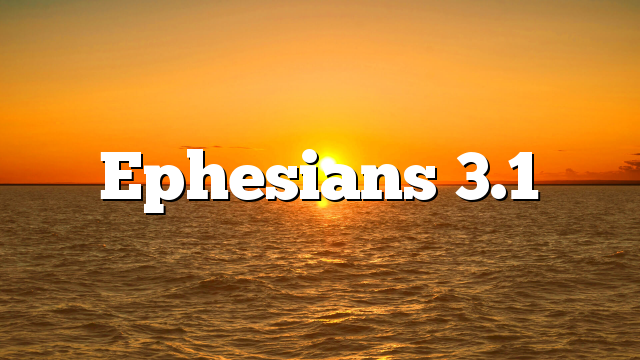Luke 14:31
“`html An Exegetical Analysis of the Middle Voice of βουλεύσεται in Luke 14:31 An Exegetical Analysis of the Middle Voice of βουλεύσεται in Luke 14:31 This exegetical study of βουλεύσεται in Lk 14:31 is based on a b-greek discussion from Fri Feb 28 08:54:31 EST 2003. The initial inquiry focused on the translation of βουλεύσεται,…





